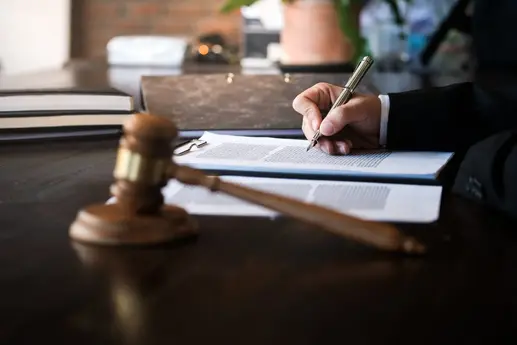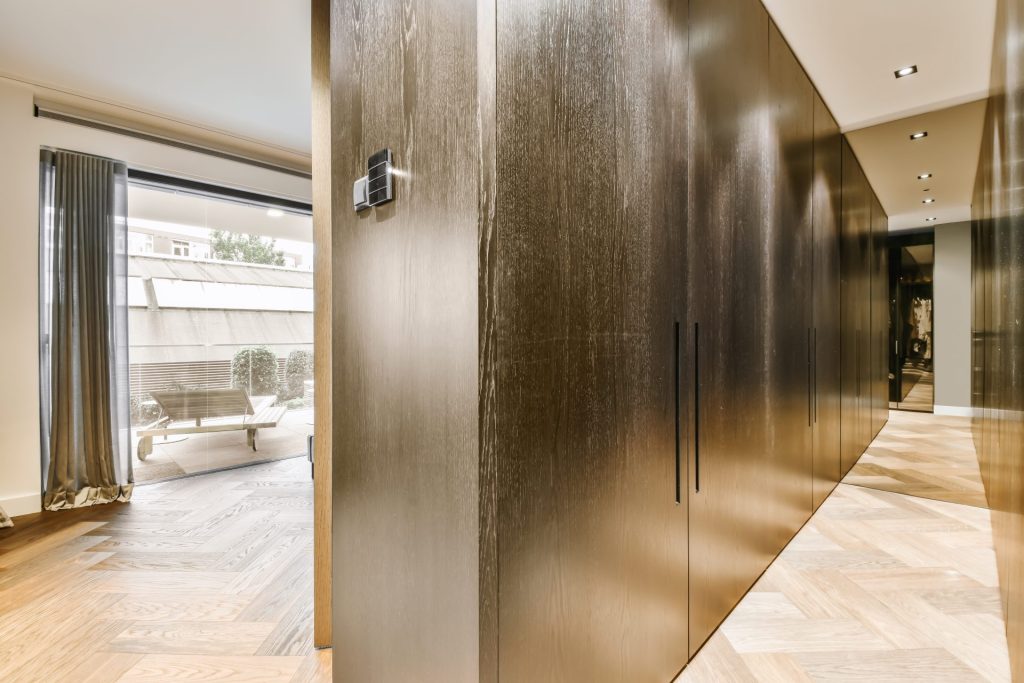 Leandra’s Law: One Year Later
Leandra’s Law: One Year Later
In New York, the owner of a building is required to provide adequate lighting in order to prevent accidents. Lighting can be a crucial factor in preventing accidents; without adequate lighting, someone may not see obstacles, uneven flooring, stairs, etc. It shouldn’t be the injured person’s responsibility, whether they’re a customer, vendor, service provider, or employee, if they were injured in a business that had poorly lighted areas that led to the injury.
What Is Premises Liability?
Premises liability is a legal term that reflects the requirement a building owner or the tenant in possession, including a business owner, has to protect visitors from situations and conditions that can cause injuries. This is a type of negligence in that the business owner neglected to take the steps necessary to make the premises safe.

However, being injured on another person’s property does not prove negligence in and of itself. For that, the injured person needs to prove that the owner either knew or would reasonably have known that the property had unsafe conditions (such as inadequate lighting in a hallway or staircase) and did nothing to address the problem. If a lightbulb burns out as someone starts down a hallway and they trip and fall, the owner isn’t necessarily negligent because they wouldn’t have known the lightbulb would burn out at that exact moment. In New York, the owner or in possession tenant must be shown to have actual or constructive notice of a dangerous condition.
What Types of Injuries Can Happen Because of Inadequate Lighting?
There are seemingly countless types of injuries that can happen when businesses don’t provide adequate lighting. People can trip, fall, or slip on or over things they can’t see. They can run into other people or objects. Any of these can lead to injuries such as scrapes, cuts, sprains, broken bones, internal injuries, or even concussions. Every part of the body could receive injuries, depending on the type of fall or trip that occurs.
But accidents are not the only risk of inadequate lighting. Safety from crime is also a risk. In darker areas, customers can meet up with bad actors intent on robbing or assaulting them. Adequate lighting makes it harder for criminals to spring on victims who don’t see them coming.
Where Do Business Owners Need to Provide Adequate Lighting?
Basically, anywhere that a customer or employee has access to. That includes every room, hallway, staircase, porch or entryway, sidewalks (particularly in winter climates when surfaces could be icy), and parking lots and garages. If it’s a manufacturing facility, it’s crucial that the manufacturing areas have plenty of light for machine operators.

Another possible liability issue is if a business owner has a backup generator to provide electricity in case of a power outage, but they don’t maintain them, and customers and employees are injured when trying to navigate a suddenly dark space, such as a grocery store.
What Could a Business Potentially Have to Pay for if Their Negligence Led to My Injury?
There are a variety of damages a negligent business could be forced to pay to you if its inadequate lighting caused injury due to falls or crimes. First and foremost, there can be medical costs that aren’t covered by insurance that they have to pay. That can include not only a visit to the emergency room but hospitalization and, if the injury is particularly severe, ongoing physical and occupational therapy.
The business may also end up liable for lost work time leading to loss of income, especially if an injury caused someone not to be able to do their job anymore. For example, someone whose job required them to be able to lift heavy things could be out of work and need to transition to a new career if something happened to their arms that made them no longer able to lift.
What Should I Do if the Business Owner’s Insurance Company or Attorney Contacts Me?
Don’t talk to them. Whether it’s the insurance company or the business’s lawyer, they are fully invested in protecting the business owner, not you. Don’t try to negotiate with them on your own. And don’t answer any questions about the accident or injuries–they will likely have leading questions that might cause you to provide answers they can use against you during the negotiation or, if it comes to that, in a courtroom.

A knowledgeable personal injury attorney working your case benefits you because the attorneys will understand what tactics the insurance companies and the attorneys representing the business will use to try and reduce their liability. They may do this by trying to find ways to put the onus of the injury on the injured rather than on the negligence of the business. We see these cases frequently and understand what’s at stake and what types of defenses they’ll likely use.
It’s also important not to underestimate the psychological toll this can take. Whether falling unexpectedly down a dark staircase or being accosted by a criminal in a poorly lit entryway, there may be harm done that’s not just physical, but emotional. That can make dealing with the legal aspects of these cases even more difficult. Having an attorney that can help you at this stressful time can help prevent you from making costly errors.
What Should I Do if I or a Loved One Has Been Injured Due to Inadequate Lighting?
Call us as soon as possible at 914-946-2500 to request a free case evaluation. We have the tools and the experience to walk you through what your options are, what kind of compensation may be due to you, and how much that compensation might be.


